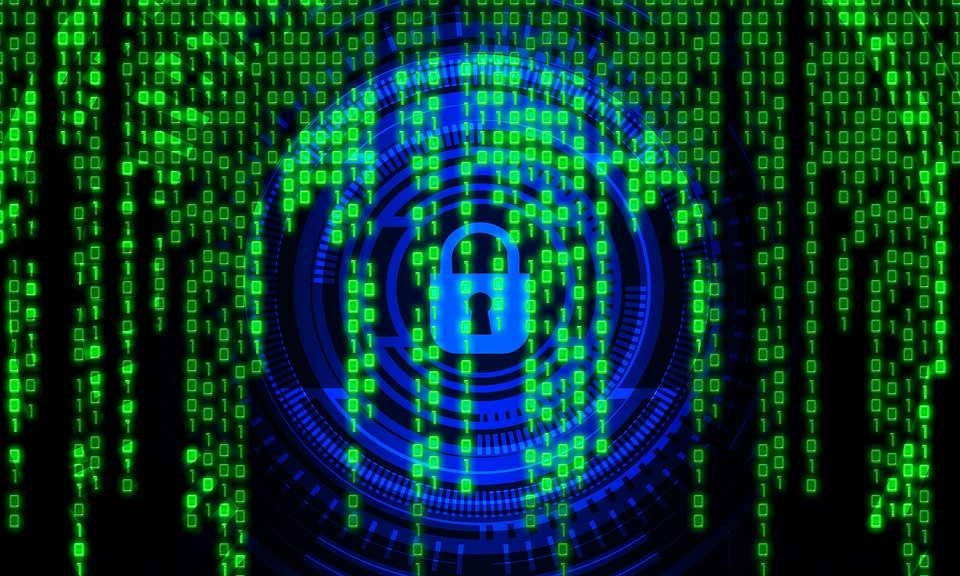
Have you noticed your screen time increasing over the past few months? If you have, you’re not alone. In practicing safe social distancing, staying indoors and working from home, many individuals are spending more of their time online.
Whether it’s for work or recreation, knowing that your data and personal information is protected against hackers is important for peace of mind. If you want to start practicing better cyber security, here are five easy actions you can take right now:
1. Establish a Secure WiFi (News - Alert) Connection
While complicated WiFi passwords can be a hassle, they’re one of the best ways to ensure you’re always operating on a secure network. Public internet connections (password-free) often do not have the adequate safety measures in place to prevent hackers from leveraging that connection to find your personal information. For extra security, you might consider purchasing a VPN, or Virtual Private Network, to hide your IP address from potential malicious attacks.
2. Protect Your Screen Names and Passwords
While we keep information like Social Security Numbers and bank details private, we often forget that screen names and passwords can also be a gateway to find one’s personal data. While the threat might not feel as high for online gamers, you’d be surprised how far someone can go with just the basics. For online poker players, scammers have been known to cheat at the table—using your login information—by dumping your chips off to another person. To prevent this from happening, do not share your information with others and do not allow your computer to store your passwords for ease of entry in the future.
3. Install Cyber Security Software
There are a wide range of options for third-party security support systems, both in offering and price point. Capabilities of these softwares can range anywhere from malware detection to endpoint security, traffic analysis and firewall protection. If you’re new to cybersecurity, start with the basics and lean on third-party experts for support.
4. Avoid Pop-Ups and Phishing Emails
Some email scams are more obvious to recognize than others. For instance, you might notice that the sender email address is a string of random numbers or the request from this sender feels outlandish. Over time, phishing emails have become more complex and use a variety of tactics to get users to click into harmful links. In doing so, one opens their device and network up to potential harm. Always look out for the following red flags with any email you receive:
- Fake Domain Names
- Repeated Spelling Errors or Grammatical Mistakes
- One Massive Hyperlink (the entire email is one image)
- Requests for Personal Information
In addition to monitoring your emails, be wary of clicking any pop-ups when browsing the internet. Especially if the content claims outlandish savings, instant results or a free prize, you’re better off exiting immediately.
5. Backup Your Data
If you do ever fall victim to a scam, hack or other malicious online behavior, it’s important to be prepared ahead of time. Backup your devices daily in a separate location to ensure that you will be able to access your personal information again once the issue has been resolved.
